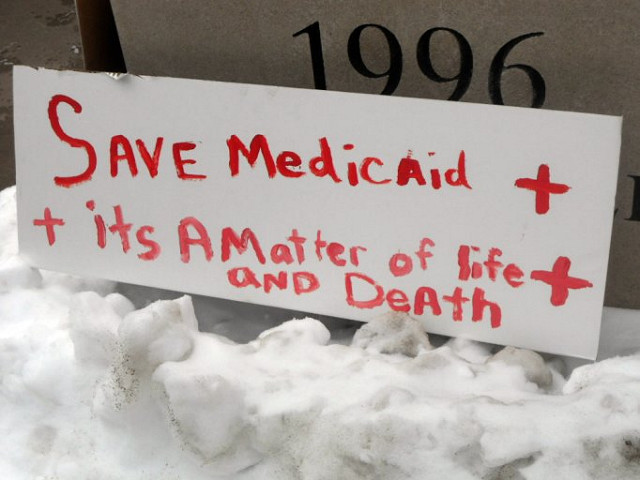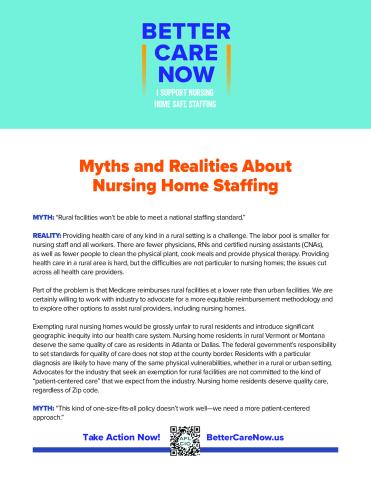It may be America’s biggest health plan, covering more than 70 million people, but many people do not know what Medicaid is. Here's what you should know:
Every State Has a Different Name for Medicaid: One reason few people know Medicaid itself is that each state runs its own plan and typically does not include Medicaid in its name. If you live in West Virginia, for example, you might know it as Mountain Health Trust or WV Health Bridge. In Ohio, maybe you participate in the Buckeye Health Plan or another managed care program paid for by Medicaid.
Medicaid Is for People Struggling to Make Ends Meet: Whatever your state calls Medicaid, it is the health plan that provides access to health care for people struggling the most to make ends meet. States generally determine the rules for who qualifies, but all states provide Medicaid for some low-income people, families and children, pregnant women, the elderly and people with disabilities. The federal government pays most of the cost of benefits, with states covering the rest. Approximately 1.7 million veteran use Medicaid, 40% of them use it as their sole form of health care.
More People Are Eligible Because of Obamacare: Under the Affordable Care Act, or Obamacare, states can expand who qualifies to include all adults who have low incomes (that is, below 138% of the federal poverty level). This year, for example, a single person with household income less than $16,643, or a family of four with income less than $33,948, would be eligible for Medicaid in Nevada. Thirty-one states and Washington, D.C., have expanded coverage in this way, resulting in 11 million more people getting health insurance they otherwise could not afford.
Benefits to Meet Personal Needs: Each state’s Medicaid plan pays for health services you usually think of when it comes to health insurance: things like doctor visits and hospital stays. These plans also can pay for other important services that other health insurance plans do not. Here are some examples of things you might not expect:
- Help at home for children with special care needs, such as those with Down syndrome, cerebral palsy and autism, and for their parents.
- Funding for schools throughout the country to provide services to Medicaid-eligible children and hire school nurses, counselors and speech therapists.
- Nursing home care for seniors and people with disabilities.
- Help with basic daily activities to enable people with disabilities, including seniors, remain in their own homes and communities.



